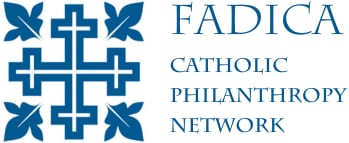
Hispanic Parish Ministry Key to US Catholicism
The future of Catholicism in the U.S. relies heavily on the Church’s ability to attract and retain young Hispanics, according to a new study recently released by Boston College in collaboration with the Center for Applied Research in the Apostolate (CARA) at Georgetown University. The report titled, “The National Study of Catholic Parishes with Hispanic Ministry,” is the first national study to focus exclusively on Catholic parishes with Hispanic ministries. In the early 80s, Hispanics represented 25% of the U.S. Catholic population, and 15% of all parishes served the Hispanic populations. While Hispanics now constitute 40% of all Catholics in the U.S., only 25% of all Catholic parishes serve Hispanics, the report finds. According to CARA, there are now over 29 million Hispanic Catholics in the U.S. According to the Boston College study, Hispanic ministry in parishes essentially serves youth and young families, which presents an opportunity to shape a new generation of Catholics. Nearly 55% of all U.S. Catholics under the age of 30 are Hispanics and the average age of Hispanics in the U.S. is 27. The parish remains a very important institution for U.S. Hispanic Catholics to build community and celebrate their faith, the report finds. On average, parishes with Hispanic ministries have more Catholics attending Mass compared to all parishes nationwide. The study concludes with several areas that require immediate pastoral attention. The study notes that “most pastoral leaders overseeing Hispanic ministry observe that integration into the life of the parish among Hispanic Catholics of all ages—immigrants and U.S. born—remain at a

